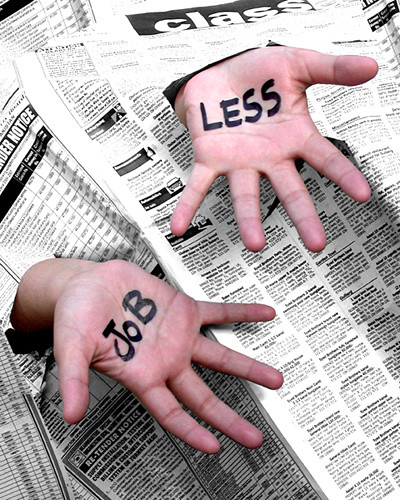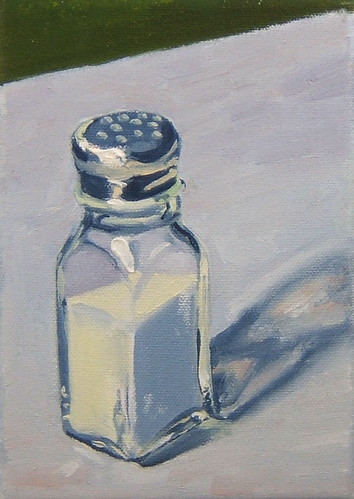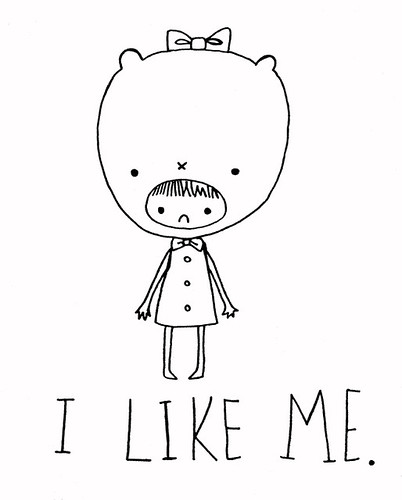Can unemployment kill you?
a Eurekalert: Research by McGill Sociology Professor Eran Shor, working in collaboration with researchers from Stony Brook University, has revealed that unemployment increases the risk of premature mortality by 63 per cent. Shor reached these conclusions by surveying existing research covering 20 million people in 15 (mainly western) countries, over the last 40 years. One surprising finding was that, in spite of expectations that a better health-care system might contribute to lower mortality rates, the correlation between unemployment and a…
1 min read
How To Reduce Social Anxiety (In The Tastiest Way Possible)
t salt. Via Science Daily: All those salty snacks available at the local tavern might be doing more than increasing your thirst: They could also play a role in suppressing social anxiety. New research from the University of Cincinnati (UC) shows that elevated levels of sodium blunt the body's natural responses to stress by inhibiting stress hormones that would otherwise be activated in stressful situations. These hormones are located along the hypothalamic-pituitary-adrenal (HPA) axis, which controls reactions to stress. Join…
1 min read
Here’s How Your Self-Esteem Affects Your Salary
cent research in economics suggests a positive association between self-esteem and earnings. Using the National Longitudinal Survey of Youth (NLSY), which administered the Rosenberg Self-Esteem Scale during its 1980 and 1987 interviews, I provide further evidence for the existence of a self-esteem premium by exploiting variation in these measures between the two years. I show that self-esteem in 1980 has a sizeable impact on wages 8 years later, controlling for a wide set of individual characteristics and addressing problems of…
1 min read
When faced with moral dilemmas, do we do what is ethically right or what is mentally easy?
e literature on how people solve moral dilemmas often focuses on situations in which individuals have to make a decision where different moral rules are in conflict. In some of these situations, such as in footbridge dilemmas, people have to choose between sacrificing a few people in order to save many. The present research focuses on how people decide what to do in dilemmas involving conflicting moral rules. We propose that the rule that is cognitively most accessible during the…
1 min read
Can prayer make you feel better — even if you’re not religious?
om Eurekalert: A series of studies showed that people who were provoked by insulting comments from a stranger showed less anger and aggression soon afterwards if they prayed for another person in the meantime... "We found that prayer really can help people cope with their anger, probably by helping them change how they view the events that angered them and helping them take it less personally." The power of prayer also didn't rely on people being particularly religious, or attending church…
1 min read
Does lack of sleep make us unethical?
draw from the Ego Depletion model and research on sleep physiology to predict a relationship between lack of sleep and individuals’ unethical behavior. Laboratory studies showed that sleep quantity is positively related to self-control resources and negative associated with unethical behavior. In a cross-sectional field study examining unethical behavior in a variety of work settings, low levels of sleep, and low perceived quality of sleep, were both positively related to unethical behavior as rated by the supervisor, and cognitive…
1 min read
What do we regret the most?
this study of regret among a representative sample of Americans, the authors examined hypotheses derived from regret regulation theory, which asserts that regrets motivate a range of ameliorative cognitive consequences. Using a random-digit telephone survey, respondents reported a salient regret, then answered questions about that regret. Results showed inaction regrets lasted longer than action regrets, and that greater loss severity corresponded to more inaction regrets. Regrets more often focused on nonfixable than fixable situations. Women more than men reported…
1 min read
Do playful people get better grades in school?
s: The study examines the relation between subjectively assessed adult playfulness and psychometric and self-estimated intelligence in a sample of 254 students. As expected, playfulness existed widely independently from psychometric intelligence. Correlations pointed in the direction of higher expressive playfulness and numeric intelligence and lower creative playfulness and figural intelligence. However, the size of the coefficients suggests that the results should not be over-interpreted. The same was true for self-estimates of intelligence. Those scoring lower in the total score of…
2 minutes








